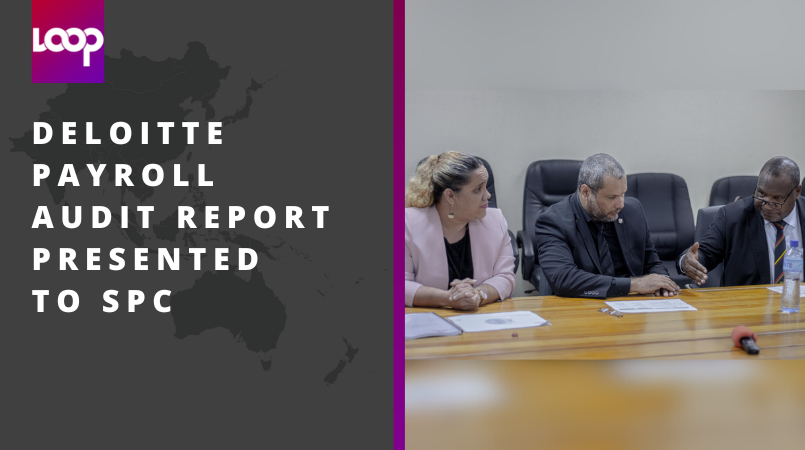
The Special Parliamentary Committee on Public Service Reform and Service Delivery (SPC or Committee) has been running several complex special projects for the past two years.
It is mandated in the Public Sector to provide Parliamentary oversight into good governance, discipline, ill governance and enforce oversight of basic good management.
As a Parliamentary Committee, part of its mandate is to hold the Executive Arm of Government accountable to Parliament for its management of the Public Sector.
Chairman of the Committee and Governor for Northern Province, Gary Juffa says, “This daunting task of demanding accountability of the Executive Arm of Government for positive management of the Public Sector is now almost impossible, given the decades of neglect and carefree unaccountable governance it has enjoyed.”
“The Public Sector appears to have a life of its own!
“Almost everywhere the Committee has turned to look, it has witnessed much of the public sector appears irreparably broken and many agencies have gone past life support. To make matters worse, most Departments do not have an archiving culture to come close to understand how they arrived at where they are at now.
“The question the Committee wrestles with is what does the nation get in return for in employing 132, 898 public servants to deliver services to our people at a cost of K 5.7 billion or 50% of the nation’s public expenditure budget (2022 National Budget). We don’t seem to have an instrument that accurately measures value for money spent.”
The SPC is pleased to present to the public the summary of findings of one its special focus projects undertaken through Deloitte, Department of Personnel Management, Treasury and Finance, concerning the Integrity of the Public Service Payroll in hope that the leadership of the Executive Arm of Government will compel the relevant Departments to enforce many years of neglect to reform the Public Service Payroll.
Eleven (11) key findings by the independent Audit:
- Large amounts paid every fortnight (e.g. higher than 100,000 PGK) are not thoroughly reviewed;
- Lack of data validation and data cleansing -which leads to incorrect payroll amounts.
- Lack of automatic calculations in Alesco payroll system - which allows manual calculations outside the system.
- Lack of consistent IT audit and lack of implementation of recommendations from previous IT audits
- Demarcation of functions (Conflict of Interest) between Department of Finance and Department of Personnel Management.
- There is a need to upgrade the Alesco system from version 12 to the latest version available at the time of implementation. The last upgrade was done in 2003. Latest upgrade available is version 20.
- Leave records are not updated in Alesco- thereby leaving the risk open to processing wrong leave amounts and taking leave but having that taken leave accrue as untaken and fully paid out upon retirement.
- There are inconsistent salary grades across public agencies
- Lack of implementation of Disciplinary actions-resulting in multiple people paid on the same position.
- Lack of training for HR officers/IT and system users.
- Operational (goods and services) funds, even miscellaneous funds, are often used to pay salaries of employees. These payments are not recorded in Alesco and therefore difficult to track.
The Deloitte Payroll Audit Report was handed over to Chairman Juffa of the Special Parliamentary Committee on Public Service Reform and Service Delivery who passed it on the Prime Minister in Parliament last Thursday June 15, 2023 in the presence of the Minister for Treasury and Department of Personnel Management and Secretaries of Treasury, Finance and Department of Personnel Management.
